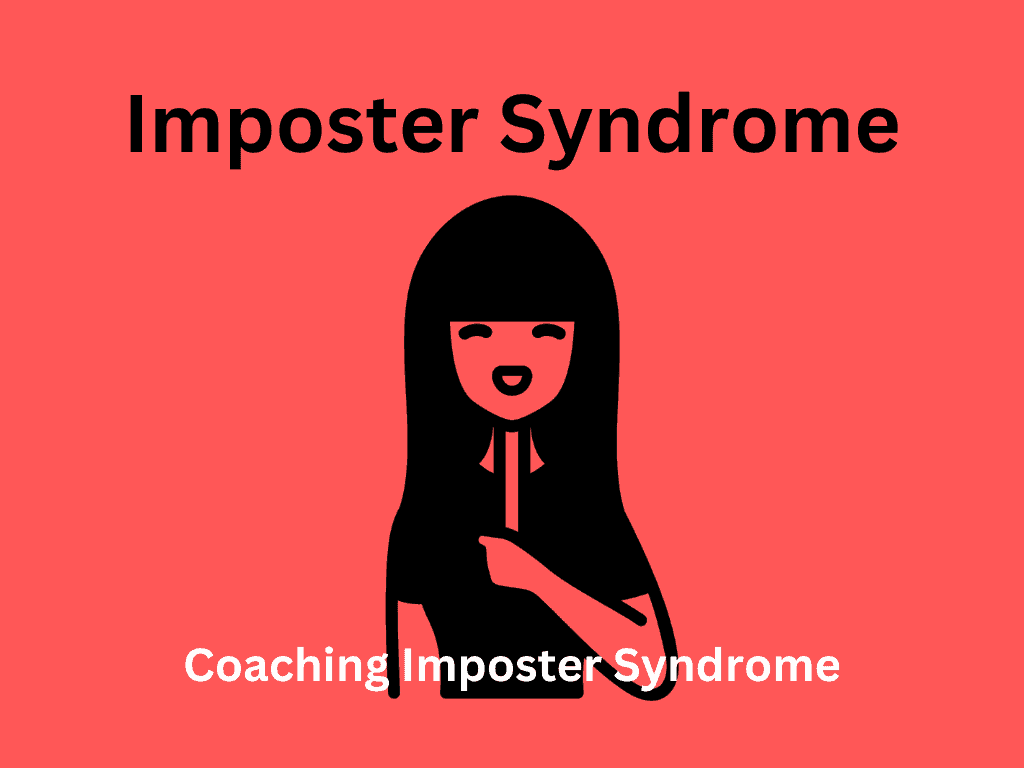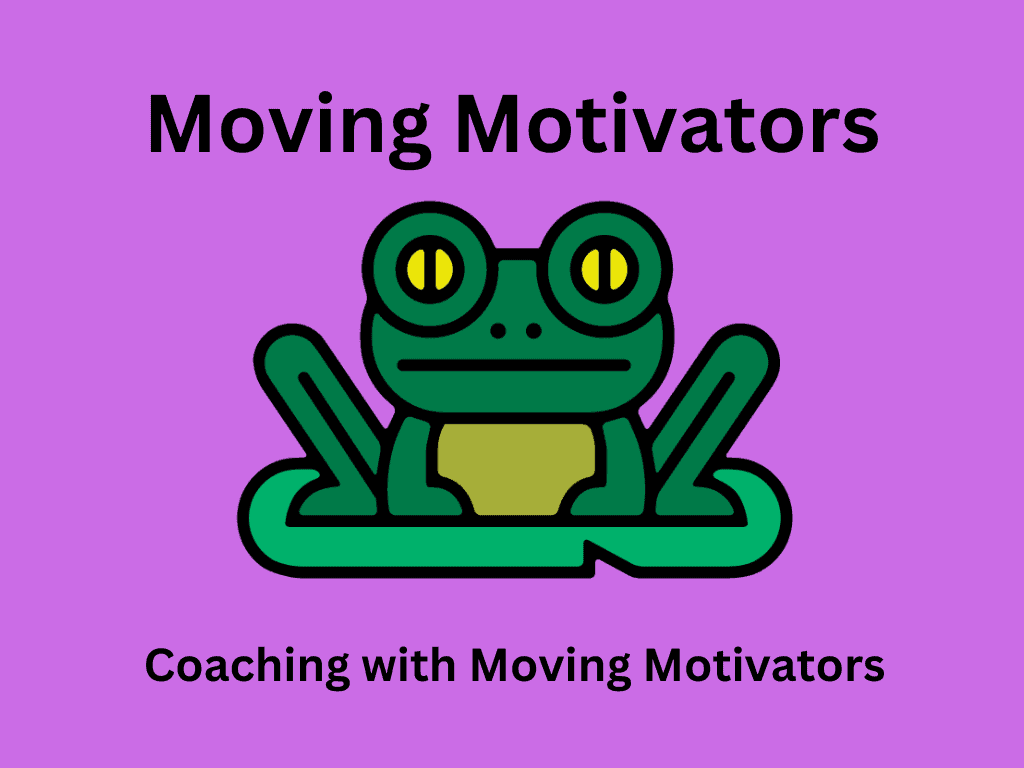Have you ever felt like a fraud in your professional or personal life, despite your achievements and skills? This feeling of inadequacy and self-doubt is called Imposter Syndrome. It affects many people, regardless of their background or success. In this blog post, we will explore the meaning of imposter syndrome, its definition, and how coaching can help you overcome it. We will also discuss how it manifests in the workplace and provide tips for dealing with it.
Meaning and Definition
Imposter Syndrome is a psychological phenomenon where individuals doubt their abilities and accomplishments and have a persistent fear of being exposed as a fraud. The term was first coined in 1978 by psychologists Pauline Clance and Suzanne Imes in their paper “The Imposter Phenomenon in High Achieving Women: Dynamics and Therapeutic Intervention.”
The definition refers to the belief that individuals have that they are not as competent as others perceive them to be. It is a form of self-doubt and anxiety that can lead to feelings of inadequacy and fear of failure. Imposter Syndrome is prevalent among high achievers, perfectionists, and individuals in highly competitive environments. However, it can affect anyone, regardless of their background or success.
How does Imposter Syndrome Manifest at Work
Here are some ways imposter syndrome can manifest in the workplace:
Fear of Failure
Individuals with imposter syndrome often have a fear of failure and may avoid taking risks or trying new things. This fear can hold them back from achieving their full potential and limit their career growth.
Perfectionism
Perfectionism is a common trait among individuals with imposter ysndrome. They may feel that anything less than perfection is a failure and may be overly critical of themselves and others.
Overworking
Individuals with imposter syndrome may feel that they need to work harder than others to prove their worth. This can lead to overworking and burnout, which can further reinforce their feelings of inadequacy.
Tips for Dealing with Imposter Syndrome at Work
Here are some tips for dealing with imposter syndrome at work:
Talk to Someone
Talking to someone you trust can be an effective way to deal with the problem. This can be a coach, a mentor, or a trusted colleague. Sharing your fears and doubts with someone can help you gain perspective and receive feedback and support.
Recognise Your Achievements
It is essential to recognize your achievements and strengths. Keep a list of your accomplishments and refer to it when you feel self-doubt. Recognising your achievements can help you develop a more positive self-image and increase your confidence.
Embrace Mistakes
Mistakes are a natural part of the learning process. Instead of fearing mistakes, embrace them as opportunities for growth and learning. Use mistakes as a chance to reflect on what you can do differently next time and apply what you learned to future situations.
Practice Self-Care
Self-care is essential for managing stress and anxiety. Take time to engage in activities that bring you joy and relaxation, such as exercise, reading, or spending time with loved ones. Taking care of yourself can help you feel more grounded and confident in your abilities.
Coaching Imposter Syndrome
Building on the 4 tips above, coaching can be an effective tool as a coach can provide a safe space for individuals to explore their fears and doubts and provide guidance on how to overcome them. Here are some ways coaching can help individuals:
Self-Awareness
One of the first steps in overcoming imposter syndrome is self-awareness. A coach can help individuals identify their negative thought patterns and beliefs and challenge them. By becoming aware of their negative self-talk, individuals can learn to reframe their thoughts and develop a more positive mindset.
Goal Setting
Setting goals can help individuals overcome imposter syndrome by providing a sense of direction and purpose. A coach can help individuals set realistic and achievable goals and provide support and accountability in achieving them. By achieving their goals, individuals can develop a sense of confidence and self-efficacy.
Developing Resilience
Resilience is the ability to bounce back from setbacks and challenges. A coach can help individuals develop resilience by teaching them coping skills and strategies for dealing with stress and adversity. By learning to cope with challenges, individuals can develop a sense of confidence and self-assurance.
Building Confidence
Building confidence is essential in overcoming Imposter Syndrome. A coach can help individuals identify their strengths and accomplishments and develop a sense of self-worth. By focusing on their strengths and achievements, individuals can develop a more positive self-image and a sense of confidence in their abilities.
Conclusion
Imposter Syndrome can be a challenging and pervasive experience for many individuals. However, it is possible to overcome it with the help of coaching and self-awareness. By recognizing negative thought patterns and building resilience, individuals can develop a sense of confidence and self-assurance. In the workplace, it is essential to recognise the ways Imposter Syndrome can manifest and take steps to manage it effectively. With practice and support, individuals can learn to overcome Imposter Syndrome and achieve their full potential.
Sources and References:
- Clance, P. R., & Imes, S. A. (1978). The Imposter Phenomenon in High Achieving Women: Dynamics and Therapeutic Intervention. Psychotherapy: Theory, Research & Practice, 15(3), 241–247. https://doi.org/10.1037/h0086006
- Young, V. (2011). Overcoming Imposter Syndrome. Training Journal. Retrieved from https://www.trainingjournal.com/articles/feature/overcoming-imposter-syndrome
- Sakulku, J. (2011). The Imposter Phenomenon. International Journal of Behavioral Science, 6(1), 73-92.



